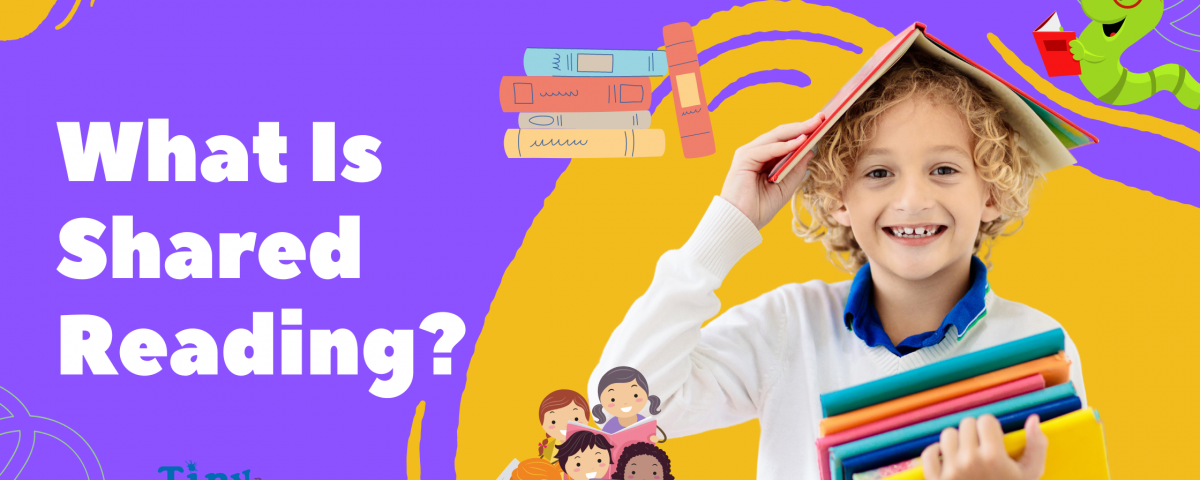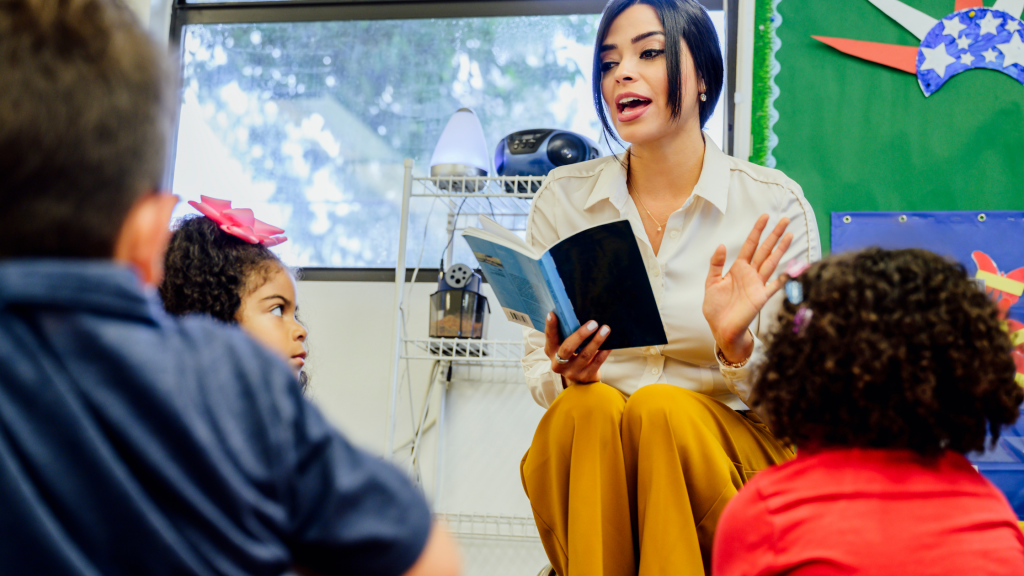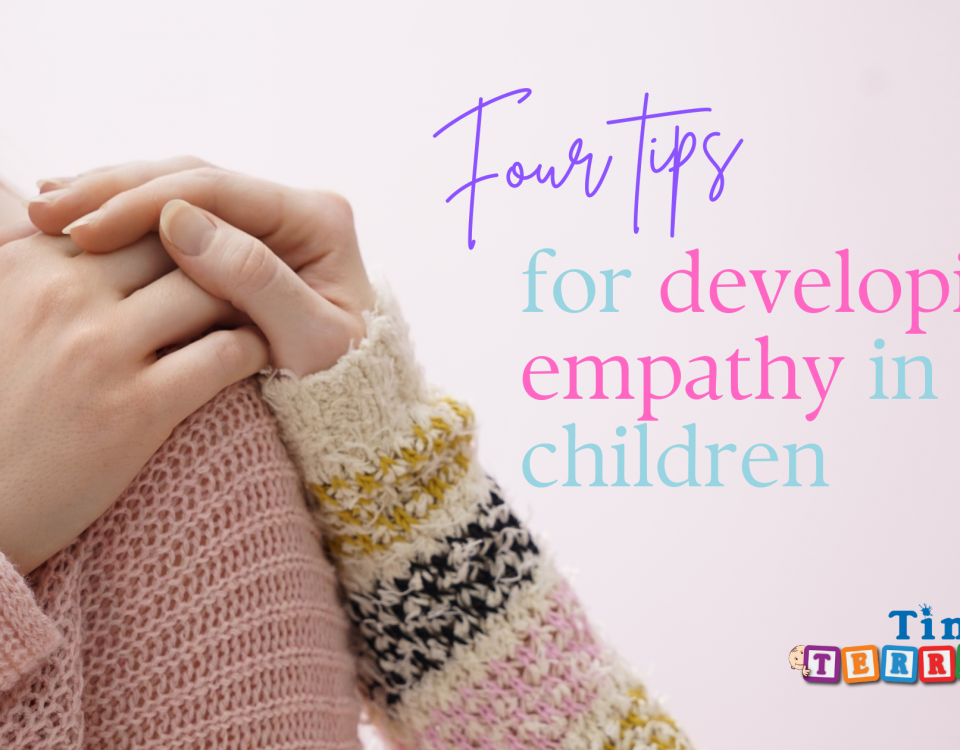
Positive affirmations to help boost your child’s self-esteem and confidence
June 29, 2022
Conversation Starters for Kids
September 22, 2022What Is Shared Reading, and Why Is It So Important?

Reading storybooks with young children is one of the most important things adults can do to support early language and literacy skills. Shared reading is a collaborative activity in which a child and a grown-up share the reading of a book in order to model strategies that proficient readers use.
Shared reading can take different forms depending on the stage of reading. Generally, it combines both seeing and hearing the words in order to understand the role that text plays in reading, as well as talking about the story together.
Shared Reading Benefits
You can implement shared reading in a few different ways. For younger children, encourage them to read some of the words during your read-aloud time. As they progress in their reading journey, you might take turns reading pages.
Shared reading is all about making reading into an interactive experience for your child. The various components of shared reading help to model reading fluency and expression for your young learner.
Shared reading has many benefits for you and your child including:
- Provides shared time to communicate between you and your child
- Encourages your child who may not like reading
- Helps you better understand the way your child communicates

Check out Shared storybook reading: building young children’s language & emergent literacy skills by Helen K. Ezell and Laura M. Justice to learn more about the benefits of shared reading. It includes:
- Research and theoretical background
- How effective shared reading looks and sounds
- Understanding the building blocks of language development
- Using shared reading to develop children’s language skills
- Understanding important foundation skills for emergent literacy
- Using shared reading to develop children’s emergent literacy skills
- Suggestions and strategies for reluctant readers
- Shared reading for children with special needs
- Promoting shared reading in the home environment
- Resources and tips for selecting storybooks.
Shared Reading Strategies to try
- Start the shared reading experience with a comment. Say something about the cover of the book and what you think the story might be about. As you page read through the book, share what you are thinking out loud so your child can learn from your model.
- Ask questions that give your child a chance to become a part of the reading experience. Avoid questions that can be answered with a simple “yes” or “no.
- Help your child make connections to what you are reading with his or her own experiences.
- Give your child enough time to make his or her own comments and answer your questions. This will ensure that they have time to think about what they are reading and find the words to answer the questions.

Points to consider when engaging in shared reading
Here are some important points to consider when engaging in shared book reading with your child:
- Sit comfortably where you can both see the book
- Turn book reading into a conversation by commenting on what your child is interested in on each page in the book.
- Focus on the interaction rather than focusing on just reading each page word for word.
- Repeat what your child says and expand on the words to make it a short sentence.
- Provide opportunities for your child to take turns in the book reading by waiting, looking at your child or asking the occasional open-ended question.
- Provide lots of comments, rather than continually asking your child questions.
After reading, some children may like to write about what they have read or act out parts of a story with the help of family members or friends. Children are very imaginative and creative.
As well as children gaining a huge educational benefit from shared reading with an adult at home, they will always remember the fun and emotional closeness that this brings to the relationship.

About Tiny Terrors
Tiny Terrors provides in-home parenting and behaviour support services to help children improve their behaviour and day to day activities.
You can call the team on 1300 00 14 14 to discuss your child’s needs.


